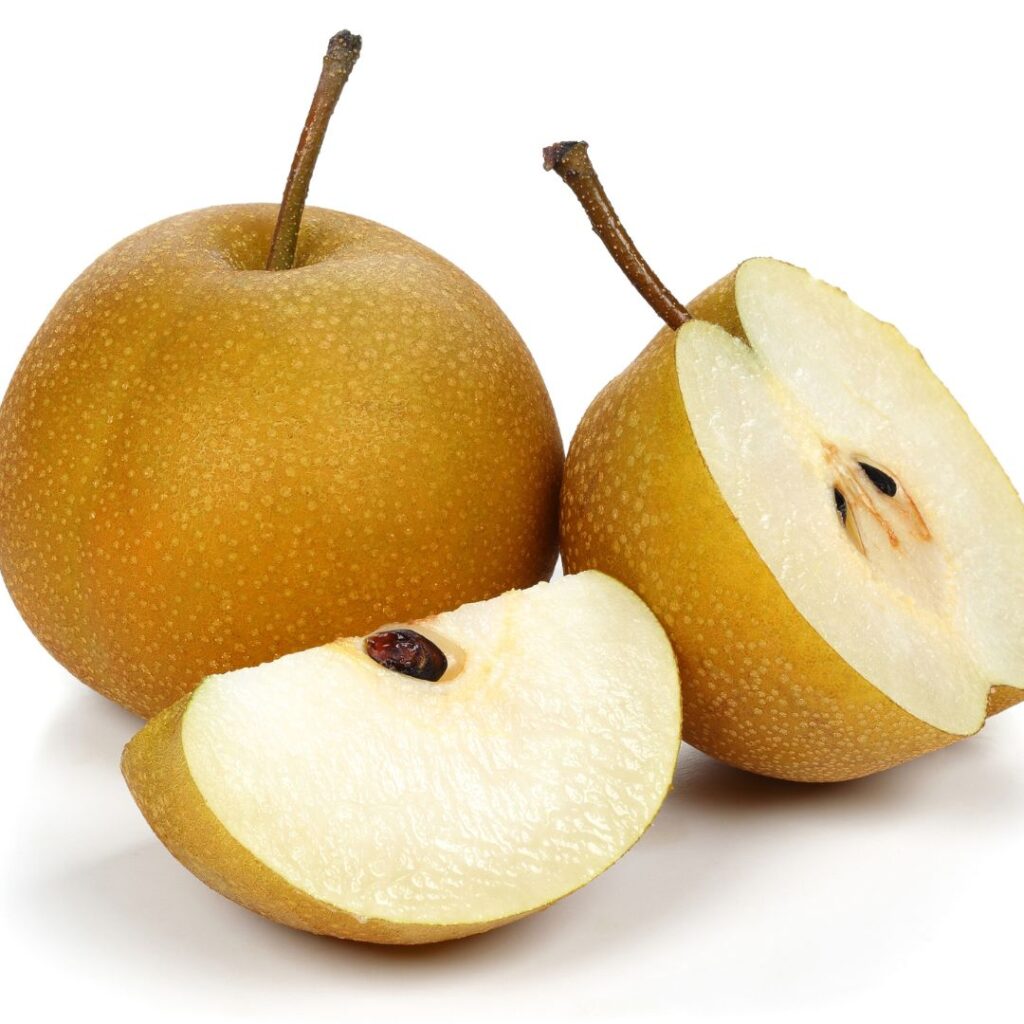Getting sick is annoying but getting ill during pregnancy is a real drag. When I was pregnant, I tried to do things as naturally as possible, and when I caught a terrible cough that didn’t go away for weeks before my delivery, I was frustrated and exhausted. Soothing teas are a great and natural way to hydrate and fight off any prenatal sicknesses.
I tried to look up every natural remedy I could, and I came across various different sites offering Asian pears as a remedy for a scratchy throat and hounding cough. While there is not much research out there, I managed to find one article on pears. “We found that pears have many active compounds, e.g., flavonoids, triterpenoids, and phenolic acids including arbutin, chlorogenic acid, malaxinic acid, etc. Most researchers agree that the beneficial compounds are concentrated in the peels. From various in vitro, in vivo, and human studies, the medicinal functions of pears can be summarized as anti-diabetic,-obese, −hyperlipidemic, −inflammatory, −mutagenic, and -carcinogenic effects, detoxification of xenobiotics, respiratory and cardio-protective effects, and skin whitening effects.”
As I live in Bali, these pears are everywhere, so I started as soon as possible on my asian pear potion. I love to slow cook teas, as I feel it really pulls out all the right stuff.

Ingredients for this calming and healing tea:
1 Asian Pear
Fresh Root Ginger (x2 thumb size portions)
2 Litres Water
3 Prunes
1 Cinnamon Stick
Honey (optional to sweeten)
*do not serve honey to children under 1.
Directions:
References:
Hong, S. Y., Lansky, E., Kang, S. S., & Yang, M. (2021). A review of pears (Pyrus spp.), ancient functional food for modern times. BMC complementary medicine and therapies, 21(1), 219. https://doi.org/10.1186/s12906-021-03392-1